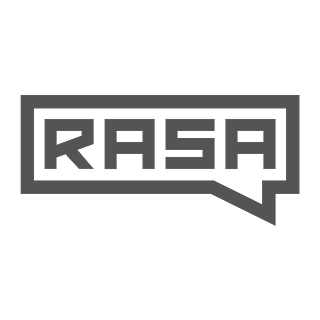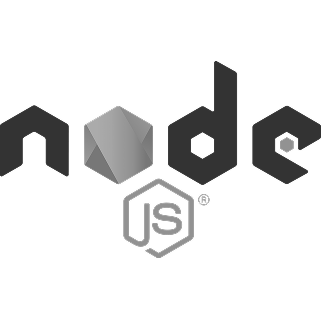This custom AI assistant conducts initial screenings using clinically-validated triage protocols. When people call or chat, the system asks targeted questions about symptoms, medical history, and urgency level. Based on responses, it either schedules appropriate appointments, provides relevant health information, or immediately transfers high-priority cases to medical professionals.
For routine administrative tasks, the system accesses patient records in real-time to handle appointment scheduling, prescription refill requests, and insurance verification. Now, their medical clients can modify existing appointments, request medical records, or get directions to clinic locations without human intervention.
The platform we built from scratch includes a sophisticated escalation engine that recognizes when conversations require human expertise. Complex medical questions, emotional distress indicators, or ambiguous symptoms trigger immediate transfer to appropriate clinical staff, ensuring patient safety remains paramount.









